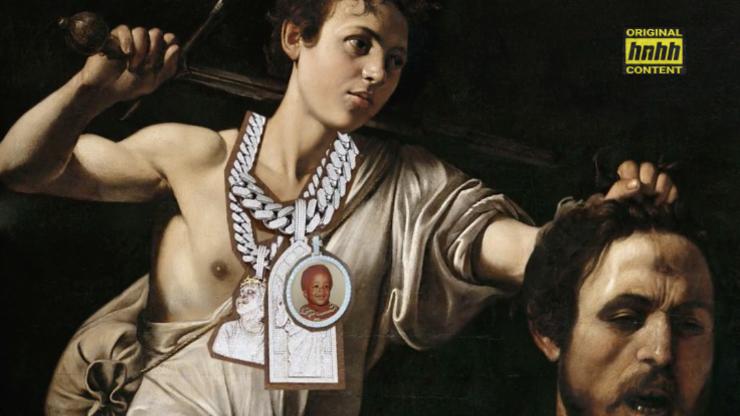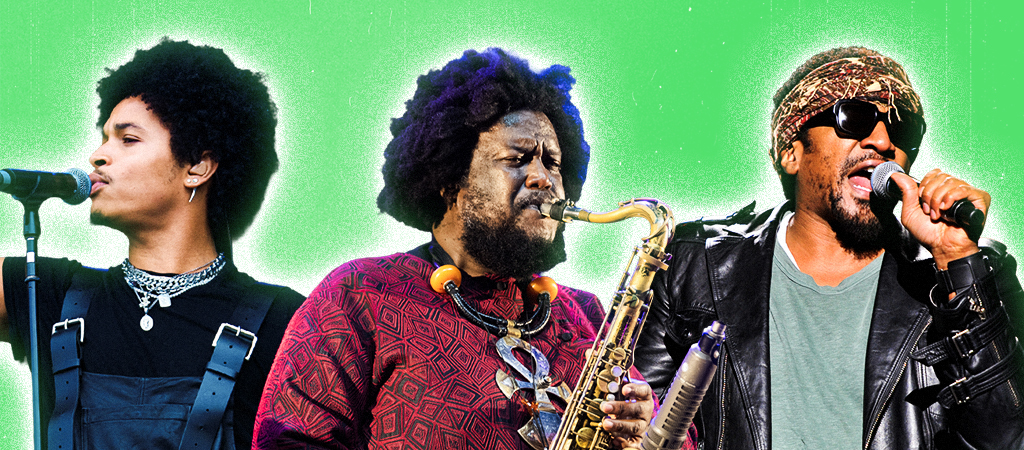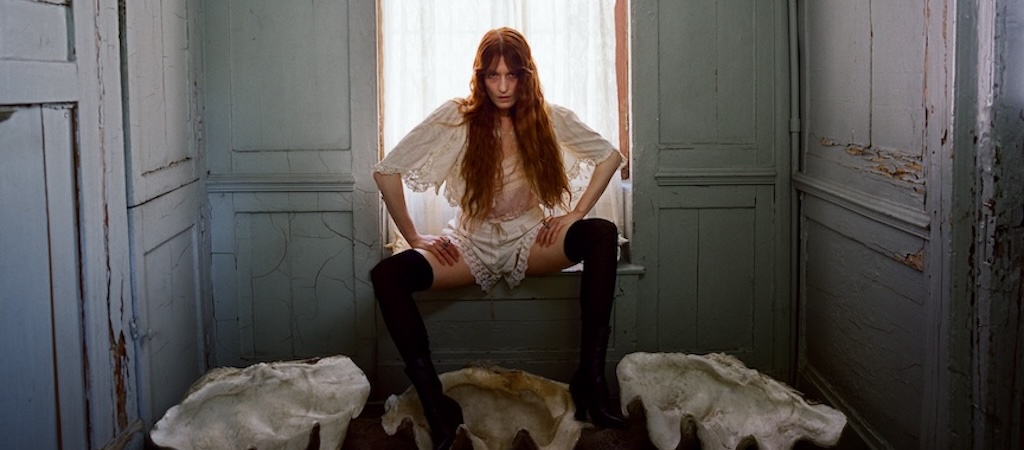Westside Gunn’s unique brand of artistry arrives in full splendor on the opulent and brutally violent “Pray For Paris.”
Westside Gunn’s vision as a curator has been widely regarded as second-to-none. It’s part of the reason why Griselda has somehow managed to blur the lines between midnight street violence and high-fashion luxury. Few have built such an impeccable brand. Simply put, it’s become increasingly easy for a wide variety of demographics to like the idea of Westside Gunn. An underdog story manifested with tangible results, the most recent milestone being an inspirational front-row seat at Paris Fashion Week.
Even though his brand of rap has become relatively niche in the contemporary soundscape, Gunn has managed to make it feel particularly wavy — though it often seems like the music itself is seldom thoroughly analyzed, given how appealing he is as an orchestrator. While it doesn’t ultimately matter why one might gravitate toward Westside Gunn, examining Pray For Paris on the basis of its musical merit alone reveals an artist at the height of his craft, exuding confidence, character, and creativity. And that’s not even shining a spotlight on the ad-libs, arguably Gunn’s most recognizable vocalistic component.
Pray For Paris features Westside Gunn’s most inspired rhyming to date. He’s previously suggested that Conway and Benny’s pedigree outweighs his own, though it would be unwise to underestimate Westside’s ability on the mic. His biggest strength lies in his ability to bring his world to life through use of slang and strategic non-sequiturs. His lyrics often rattle off in stream-of-consciousness fashion, tethering the layman to his reality through one or two recognizable images. “Rest in peace Vino, rest in peace Kino, the Spiegel, the seagulls, April fresh ego,” he raps on the DJ Muggs-produced “No Vacancy.” “Slam you on your neck like Bruno Sammartino.” The themes of luxurious violence unfold like red wine slowly seeping through a white carpet. “Welcome home Tito, you proud and sippin’ pinot,” he concludes. “My shooter shot five n****s in a row, we yell ‘bingo.’”

Scott Dudelson/Getty Images
Though he laments the idea of being pigeonholed as a rapper, it would be a shame to overlook Gunn’s effortless dominance as an emcee. Moreso than ever before he’s taking stylistic risks, exhibiting a newfound dexterity in his delivery. On “George Bondo,” produced by the in-house tandem of Beat Butcha and Daringer, Westside rhymes ably alongside Conway The Machine and Benny The Butcher, two rappers who easily tower over the average modern-day lyricist. Even amidst such company Gunn never falters, as he effortlessly weaves violent short stories into his stanzas. “You ever sold a hundred then spent it all in the same weekend?” he asks, firing off syllables in one of the album’s quicker schemes. “Razors leave your face leakin’ / Chill, let the Wraith creep, and the brick broke in eight pieces.” A writer with less imagination might have pulled back on the specificity; we can almost hear the skull cracking as the clay scatters atop the pavement.
At this point, it almost feels redundant to praise Gunn’s curatorial abilities. He’s been murderous in that department for years — only now, following a slew of widely-publicized co-signs from , Jay-Z, , and Virgil Abloh (signer of bricks), the volume of curious eyes has multiplied. But Pray For Paris would not be the success that it is on the strength of vision alone. Only a gifted emcee possesses the potential to maximize the masterful production from Alchemist, Daringer, , Beat Butcha, and DJ Muggs. If the instrumentals are the paint itself, Gunn’s is the practiced hand guiding the paintbrush. His ability to go bar for bar with elite emcees is all too often treated as an afterthought. Yet he does so time and time again, whether alongside his own Griselda compatriots on two standout cuts, the and Roc Marciano assisted “$500 Ounces,” and the smooth posse cut “327” with and Joey Bada$$.
Stylistically cut from the same cloth as and Raekwon The Chef, Gunn’s approach to cocaine rap and violent retribution is seldom pretty, a stark juxtaposition against his affinity for haute couture and high-priced memorabilia. His ability to simultaneously — and credibly — operate within two seemingly disparate planes of existence makes him a unique sort of narrator. One that enjoys the nature of the opulent flex but never allows it to tarnish his dedication to crafting raw hip-hop. Pray For Paris is very much a love letter to the craft, penned and signed entirely on a brick. The rare sort of art that a sincere knowledge of history can only enhance.



